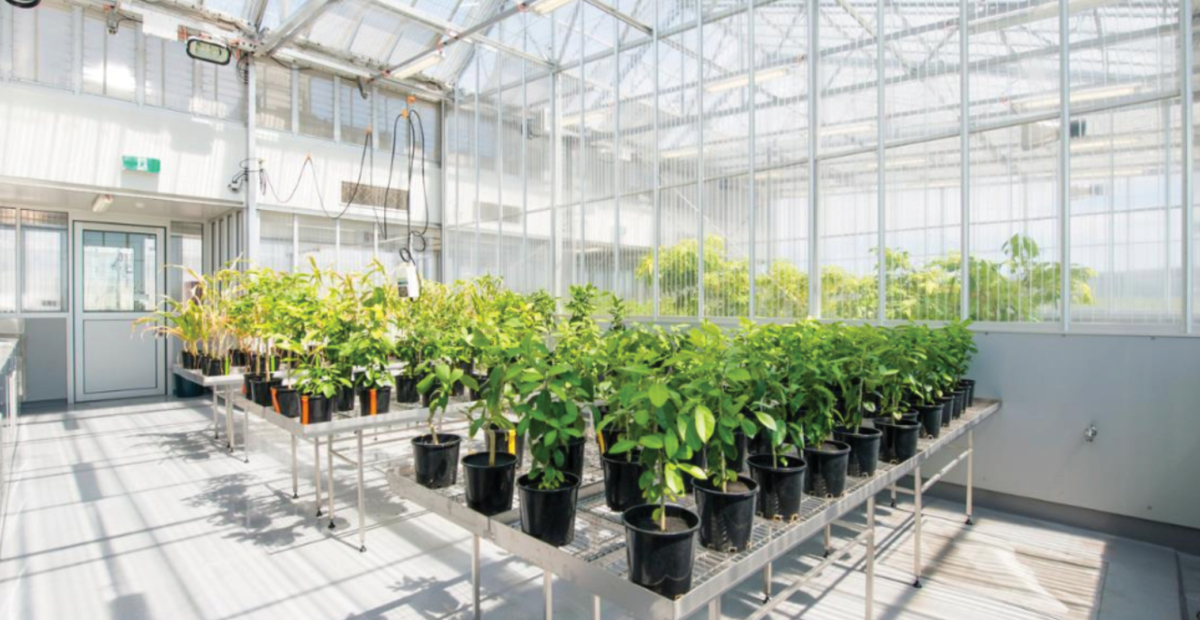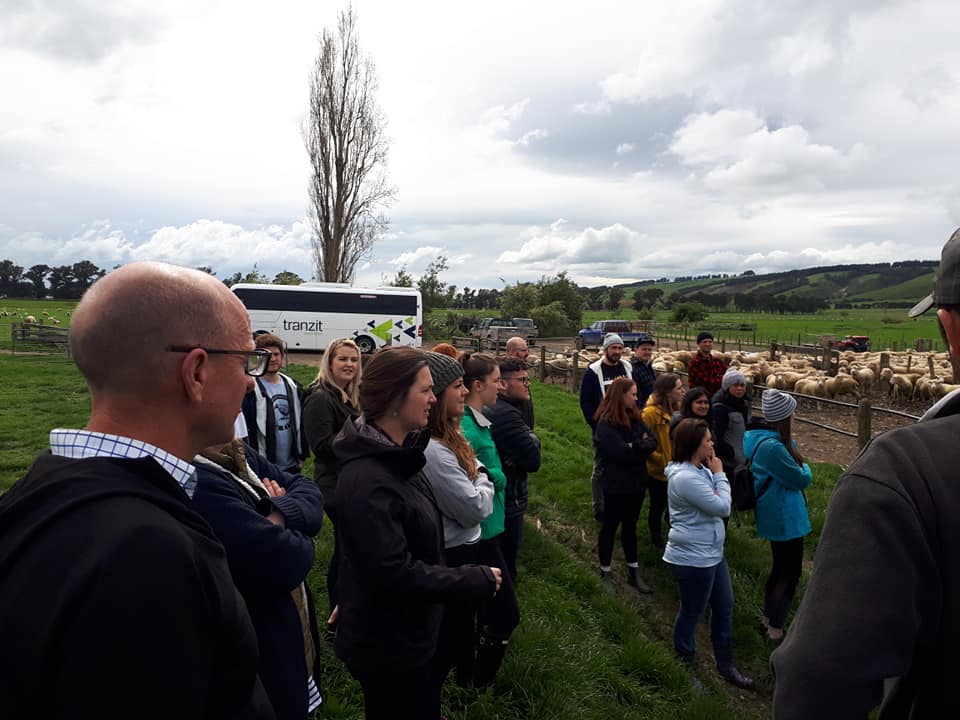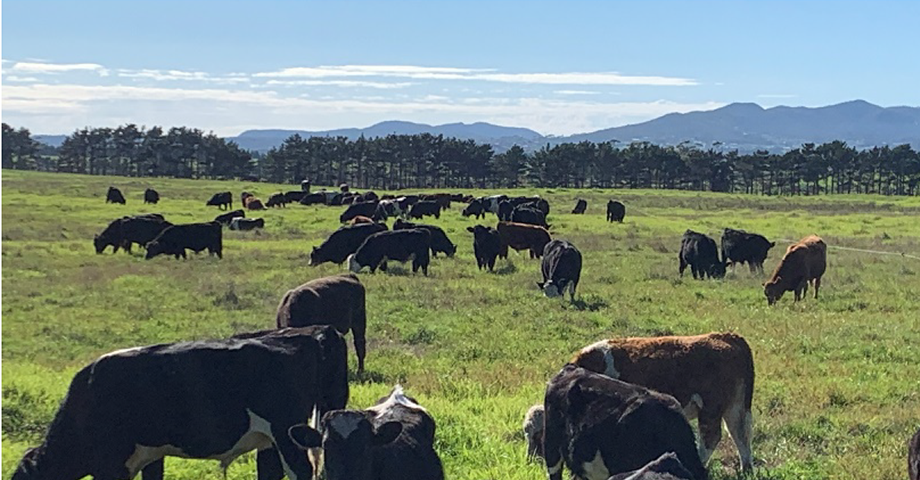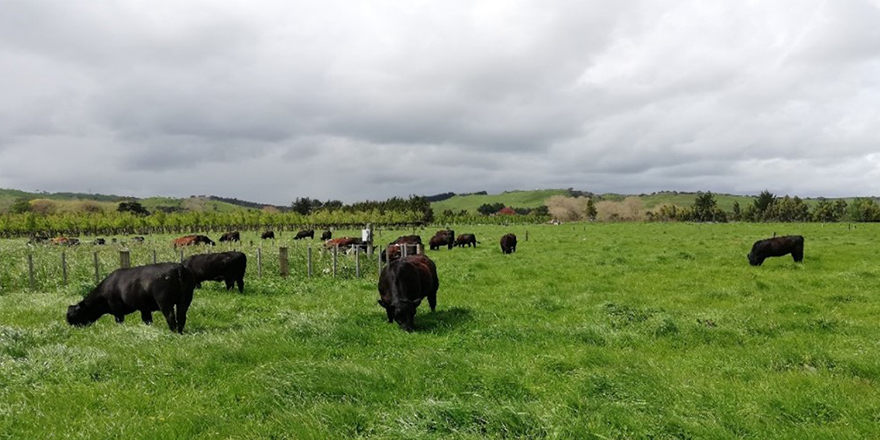
Executive summary
New Zealand is an exporting nation with its primary sectors being some of the biggest contributors. There is a lot to protect ourselves from in the way of biological incursion that could crush our primary industries, in particular, horticulture.
Protecting our country is done in the way of border controls and monitoring what is entering the country through government created biosecurity systems. The new germplasm import pathways has its own biosecurity system which for users is fraught with complex and multi-layered challenges, all with the primary goal of protecting New Zealand from biological incursions.
This report aims to help support ongoing work in the germplasm import industry and to find beneficial solutions for importing pathways while keeping New Zealand safe from biological threats. This report will explore three key research questions.
- What is the history of the quarantine system in New Zealand, and how does the system now work?
- What are the most common barriers to entry of new plant germplasm material into New Zealand?
- What are the solutions to assist with the simplification of the import process?
The methodology comprises a literature review to provide context around the key barriers faced with the importation of germplasm. A thematic analysis is then conducted from ten anonymous semi-structured interviews of four people from fruit and vine, two that work across multiple horticultural production sectors, one from the ornamental sector, one from the arable sector and two from a non-governmental organisation. The questions were grouped into five high-level themes:
- Business involvement with plant germplasm
- Introduction of new plant germplasm
- The impact and understanding of import barriers
- Challenges, improvements and impacts
- Other opinions brought to light
After analysing various themes related to import systems, four major discussion areas emerged from the literature. These areas include the need for simplified operational processes to improve the import system’s usability, economic feasibility to address the potential implications of increased import costs, and New Zealand’s competitive advantage in both domestic and international markets for horticultural products.
Recommendations to improve import pathways for New Zealand and the users:
- Plant importers, NGO’s and the government need to implement better collaboration between themselves for the improvement of importation frameworks and legislation.
- To build better capability with MPI and provide comprehensive training for biosecurity officers and relevant personnel involved with the import processes.
- The need to streamline and standardise New Zealand’s import processes to reduce inconsistency between imports and decrease time delays.
- Industry and government’s continual investment in advanced diagnostic technologies to reduce testing time and cost.
Download and read the full report here:




